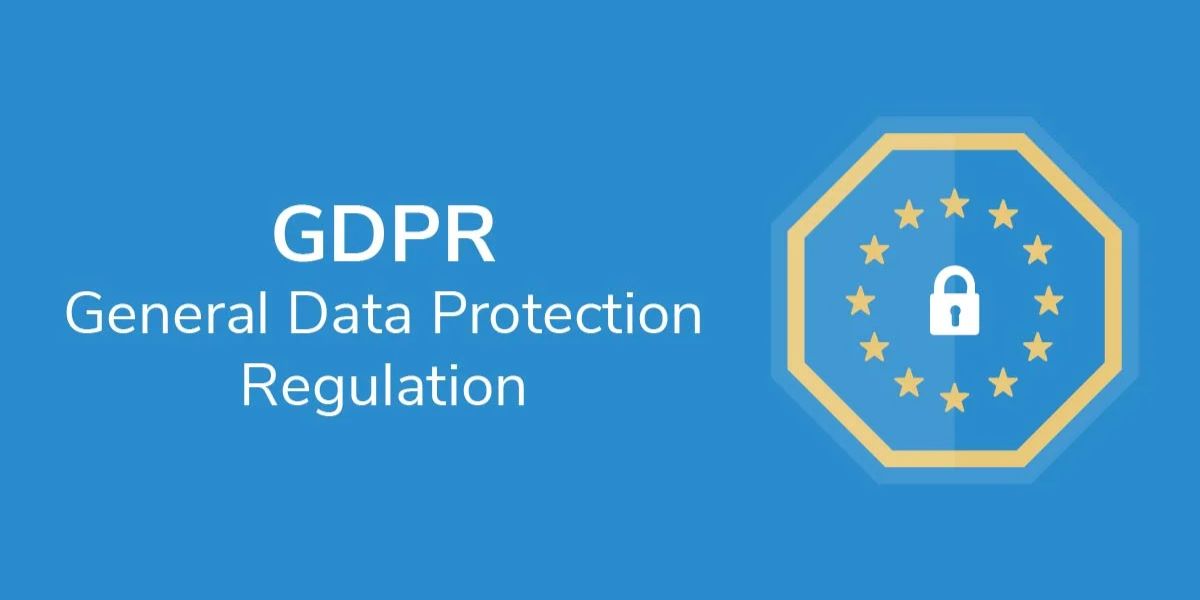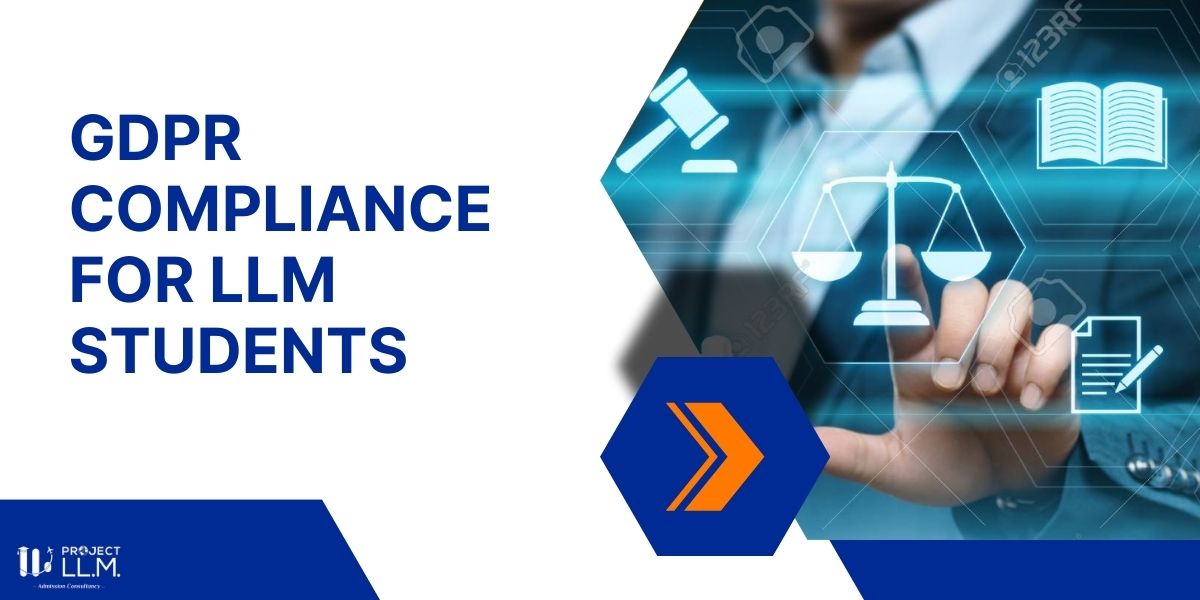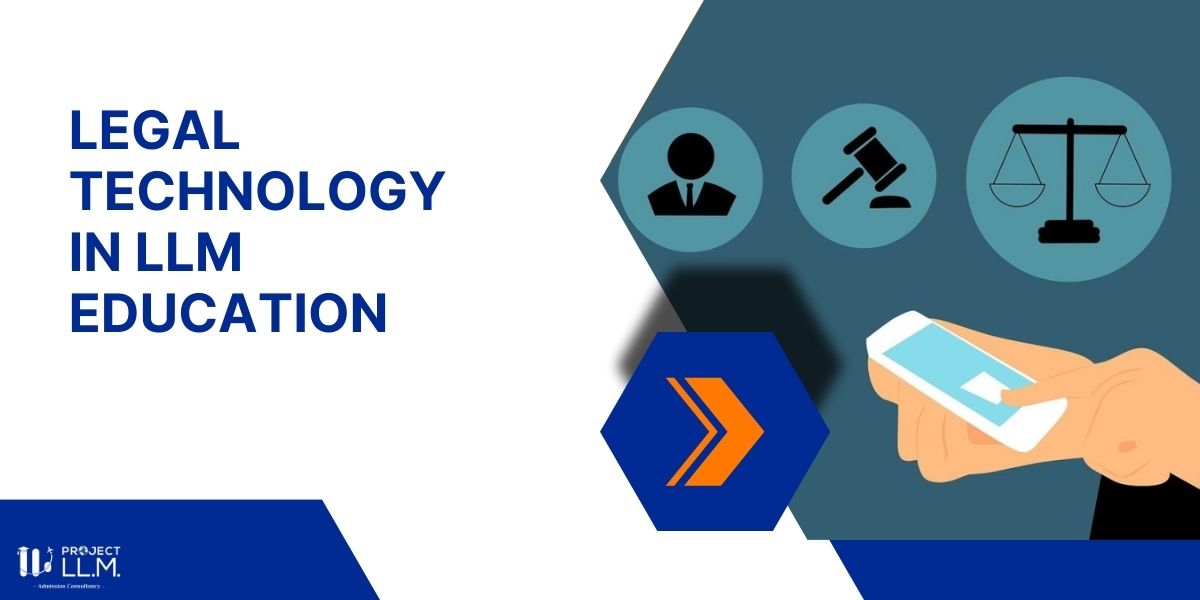As technology continues to advance, the importance of protecting personal data has never been more critical. Privacy and data protection laws are evolving globally, with countries and regions adopting various legal frameworks to safeguard individuals’ privacy rights. One of the most prominent developments in this area is the General Data Protection Regulation (GDPR), which has set a global benchmark for data protection laws. This article explores the impact of global privacy laws like GDPR, the challenges of data protection in the digital age, and how LLM students can gain expertise in this vital area of law.

The Rise of Privacy Laws: A Global Perspective
In recent years, privacy and data protection have emerged as key areas of focus for legislators and legal professionals worldwide. With the increasing digitization of personal information and the widespread use of social media and online platforms, protecting individuals’ personal data has become a significant legal challenge.
The GDPR: A Global Benchmark for Data Protection
The General Data Protection Regulation (GDPR), adopted by the European Union in 2018, has been a game-changer in global privacy and data protection law. It has not only impacted businesses operating within the EU but has also influenced data protection laws across the globe. The GDPR is widely regarded as the most comprehensive and stringent data protection law, providing individuals with greater control over their personal data and imposing heavy fines on organizations that fail to comply with its requirements.
Some key features of the GDPR include:
- Data Subject Rights: The GDPR grants individuals various rights, including the right to access, rectify, and erase their personal data, as well as the right to data portability.
- Consent and Transparency: Organizations must obtain clear, informed consent from individuals before collecting or processing their personal data, and they must be transparent about how data will be used.
- Accountability and Fines: The GDPR requires businesses to demonstrate compliance with its provisions, and failure to do so can result in significant fines, which can be up to 4% of annual global turnover.
Privacy Laws Beyond the EU
While the GDPR is a European law, its influence has extended globally. Many countries have enacted or are in the process of enacting their own privacy laws inspired by the GDPR. For example:
- The California Consumer Privacy Act (CCPA) in the United States provides residents of California with enhanced privacy rights, similar to the rights under the GDPR.
- Brazil’s General Data Protection Law (LGPD) closely mirrors the GDPR, bringing Brazil in line with international data protection standards.
- India’s Personal Data Protection Bill is expected to introduce significant reforms to data protection and privacy in the country, following similar principles to the GDPR.
These developments indicate a global trend toward strengthening data protection laws and recognizing privacy as a fundamental human right.
Key Challenges in Data Protection and Privacy Laws
As data protection becomes a more prominent legal issue, several challenges arise for both legislators and organizations in maintaining privacy standards.
Technological Advancements and Data Collection
Advances in technology, such as artificial intelligence, machine learning, and big data analytics, have created new ways to collect and process personal data. These technologies raise concerns about how data is used, stored, and protected. The ability to process vast amounts of personal data raises questions about consent, privacy, and the potential for misuse of sensitive information.
Cross-Border Data Transfers
Another significant challenge in data protection is the issue of cross-border data transfers. As businesses operate globally, personal data is often transferred across borders to provide services or store information. However, differing data protection standards between countries can lead to risks for individuals’ privacy. The GDPR, for example, includes strict rules for transferring data outside the EU, requiring organizations to ensure that data protection standards are maintained when data is transferred to non-EU countries.
Enforcement and Compliance
The effectiveness of privacy laws depends heavily on enforcement and compliance. Although the GDPR has set a high standard for accountability, ensuring that organizations comply with these regulations can be difficult, particularly in regions with less stringent enforcement mechanisms. Moreover, the rapid pace of technological change can make it challenging for laws to keep up with new forms of data collection and usage.
How LLM Students Can Gain Expertise in Privacy and Data Protection
For LLM students interested in specializing in privacy and data protection, there are several avenues for gaining expertise in this dynamic field of law. Specializing in data protection and privacy rights offers an opportunity to address emerging global challenges and contribute to the development of effective legal frameworks for safeguarding personal data.
Specialized Courses in Data Protection and Privacy Law
Many LLM programs offer specialized courses in privacy and data protection law, which cover topics such as:
- GDPR Compliance and Implementation: LLM students can learn about the GDPR’s core principles, compliance mechanisms, and its global influence on data protection laws.
- Cybersecurity and Privacy: This course explores the intersection of cybersecurity and privacy law, focusing on how data breaches and cyberattacks affect privacy rights.
- International Data Protection Law: LLM students can gain insights into the challenges of harmonizing privacy laws across borders and how different jurisdictions approach data protection.
Research Opportunities in Privacy Law
LLM students can also engage in research on privacy and data protection, exploring current issues and legal reforms. Topics for research might include the legal implications of artificial intelligence in data processing, the impact of privacy laws on businesses, or the effectiveness of cross-border data transfer agreements.
Legal Practice and Advocacy
LLM students can gain practical experience through internships, clerkships, or working with law firms specializing in privacy law. Legal practitioners in this field play a key role in advising organizations on GDPR compliance, representing individuals in data protection disputes, and participating in advocacy for stronger privacy protections.
Conferences and Moot Courts
Participating in conferences and moot courts on privacy and data protection allows LLM students to hone their legal skills while engaging with current debates in the field. These platforms provide opportunities to network with experts in the field, gain practical experience, and stay updated on the latest developments in data protection laws.
Future of Privacy and Data Protection Law
As privacy concerns continue to grow, the future of privacy and data protection law will be shaped by emerging technologies, changing societal expectations, and evolving international legal standards. Some trends that are likely to shape the future of privacy law include:
Increased Global Harmonization of Privacy Laws
As countries adopt privacy laws similar to the GDPR, there will be greater harmonization of privacy regulations across borders. This will help create a more consistent legal framework for businesses that operate internationally and reduce the complexity of navigating different privacy laws in different jurisdictions.
Enhanced Protection for Vulnerable Populations
Privacy laws may increasingly focus on protecting vulnerable populations, including children, minorities, and individuals in developing countries who are at higher risk of data exploitation. Laws may also address issues related to consent, ensuring that individuals fully understand how their data is being used.
Data Ethics and Transparency
In response to concerns about data misuse, there will likely be an increased emphasis on data ethics and transparency. Organizations may be required to adopt more ethical data practices, provide clearer privacy notices, and ensure that individuals have more control over their personal data.
Privacy and data protection law is a rapidly evolving field that is central to ensuring individuals’ rights in the digital age. Global regulations like the GDPR have set new standards for privacy protection, while challenges such as cross-border data transfers, compliance, and technological advancements continue to drive the need for legal expertise in this area. LLM students have a unique opportunity to specialize in data protection and privacy rights, gaining the skills and knowledge necessary to navigate the complexities of this vital field of law. As the digital landscape continues to change, legal professionals specializing in privacy law will play an essential role in shaping the future of global data protection.
FAQs
What is GDPR and why is it important?
GDPR is a comprehensive European privacy regulation that sets strict standards for data protection and enhances individuals’ control over their personal data.
How do global privacy laws impact businesses?
Global privacy laws, like GDPR, require businesses to comply with data protection regulations or face substantial fines, ensuring better privacy practices.
What are some key challenges in data protection law?
Key challenges include technological advancements, cross-border data transfers, and ensuring compliance and enforcement across jurisdictions.
How can LLM students specialize in privacy law?
LLM students can specialize in privacy law by taking courses on GDPR compliance, cybersecurity, and international data protection law.
What career opportunities exist for LLM graduates in privacy law?
LLM graduates can pursue careers in privacy law as consultants, in-house counsel, or work with organizations focusing on GDPR compliance and data protection advocacy.



